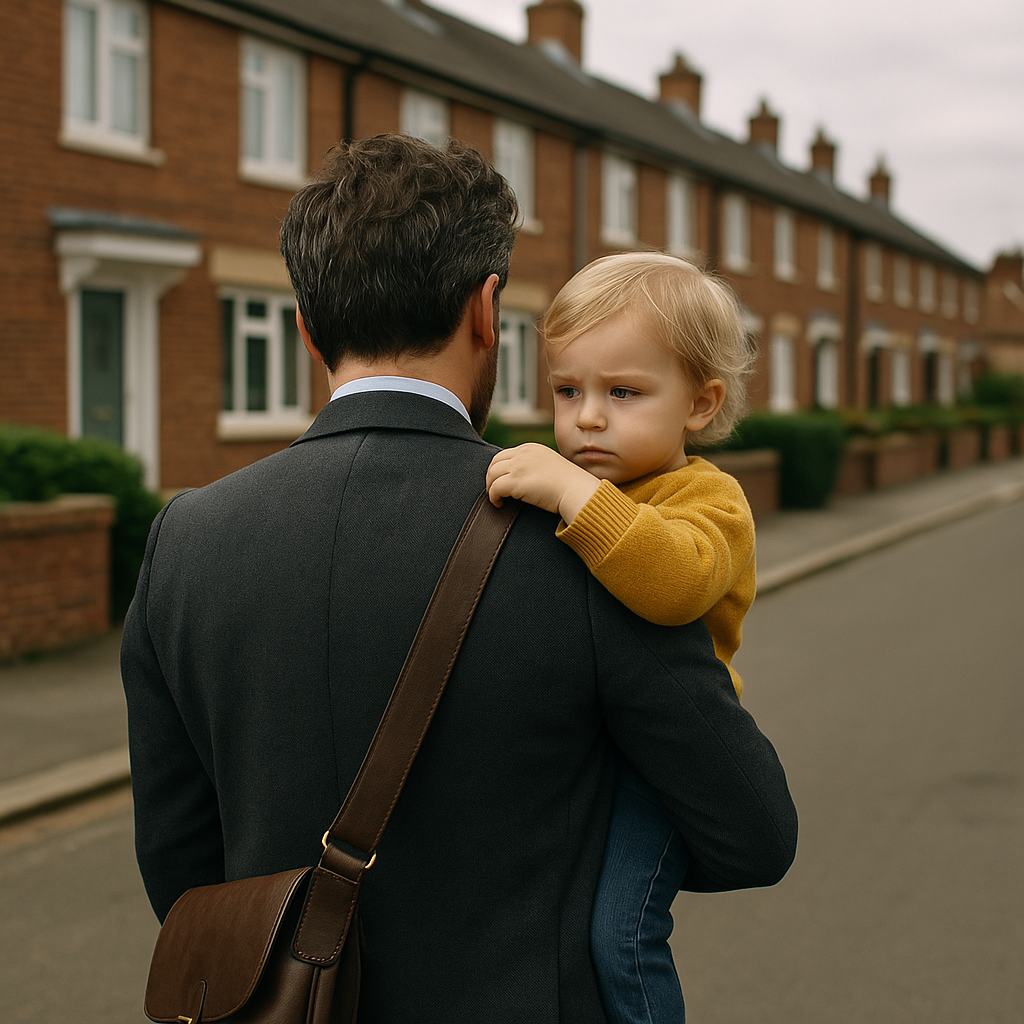By Findus limeheart
For generations, men and women divided their roles along lines that, while rigid, were structured to prioritise family life. Men worked outside the home. Women raised children and managed the domestic sphere. It was unequal — often deeply so — but it reflected a society that placed family at the centre of meaning.
Today, that model has given way to one of dual-income households, individual ambition, and career-first identity. While this shift brought significant freedoms — particularly for women — it also came at a cost many are only beginning to fully grasp.
“We gained equality — but sacrificed the time and space to love, to raise children, and to belong.”
A Historical Trade-Off
Before the modern welfare state, appliances, or supermarket shelves, families depended on a clear division of labour. In most cases, men were tasked with earning money, while women performed unpaid but essential work at home: raising children, cooking, cleaning, and maintaining community ties.
Even when women worked — and many did, especially in working-class and rural communities — they were confined to undervalued sectors such as teaching, domestic service, textile work, or caregiving. Wages were low, protections few, and sexual harassment common. In the mid-20th century, British factories and offices often lacked even basic provisions for female staff, let alone maternity rights or equal pay.
Nonetheless, within this framework, employment served the family. Workers came home to spouses, children, and local communities. Life was hard, but personal relationships were central.
From Rights to Burden
The 20th century transformed this structure. The Second World War pulled millions of women into industrial work. Labour-saving inventions — the fridge, washing machine, vacuum cleaner — made household duties more manageable. The rise of the supermarket meant food preparation took hours, not days.

Crucially, the feminist movements of the 1960s and ’70s fought for and secured many of the rights women had long been denied: the right to work outside the home without stigma, the right to equal pay (at least in law), and the right to careers not defined by gender.
But in freeing women to work, society failed to reconfigure its expectations. Rather than rebalancing roles, the modern model demanded more: both partners working full-time, with little structural support for parenting or domestic life.
“The double burden fell hardest on women, who were expected to succeed at work — and still carry the emotional and domestic load at home.”
The Rise of the Employer — and the Decline of the Family
In this new landscape, one clear winner emerged: the employer.
As labour economist Guy Standing noted in The Precariat, the modern economy depends on a constant influx of flexible, highly motivated workers. Dual-income households became a norm, not a luxury. Productivity rose, but expectations soared with it.
Smartphones, remote working, and 24-hour availability blurred the lines between office and home. Workers found themselves expected to perform without visible constraints — including those of family life.
The “ideal worker” is increasingly one who is unattached, childless, and constantly available. According to a 2023 report by the Trades Union Congress, 45% of parents said they faced negative treatment at work after taking parental leave or requesting flexible hours.
The Consequences: Isolation, Burnout, and Declining Birth Rates
Across Europe, birth rates are falling — a trend particularly stark in countries like Italy, Germany, and the UK. The Office for National Statistics reported a steady decline in UK births over the past decade, with many citing work pressures and financial insecurity as key reasons for delaying or avoiding parenthood.

Marriage and long-term partnerships are also on the decline. Loneliness — now widely recognised as a public health issue — is rising, particularly among young adults and working parents. Studies from the British Medical Journal and King’s College London link this to both economic precarity and the erosion of time for meaningful relationships.
“We no longer work to support families. We build families around the demands of work.”
Rethinking the Balance
None of this is to suggest a return to the past. The restrictions placed on women under traditional gender roles were deeply unjust. But if we celebrate the progress towards equality — and we should — we must also ask how to reclaim what was lost in the process: the space to nurture families, relationships, and community life.
Experts have called for a range of reforms:
- Expanding parental leave for both parents
- Providing universal, affordable childcare
- Enforcing the right to disconnect from work
- Supporting flexible, humane work schedules
As Dr. Madeleine Bunting writes in Labours of Love: The Crisis of Care, a society that undervalues care is one that ultimately devalues itself. Economic equality must not come at the expense of human connection.
If we do not place family, care, and community back at the centre of policy — and of life — we risk building a society rich in opportunity, but poor in meaning.